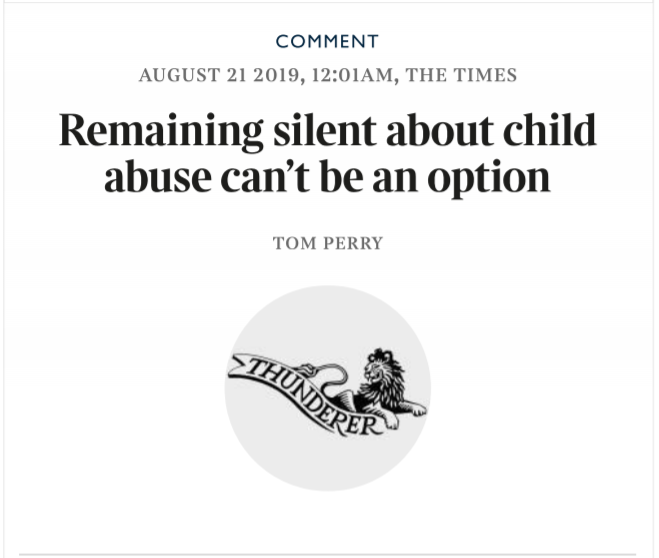Mandate Now observations on Law in Sport article about mandatory reporting for sport
(more…)The Law In Sport article was published on 30th July 2020. Mandate Now was sent a link by a social media follower who correctly thought it would interest us. It’s author Richard Bush is an Associate in Bird & Bird’s Sports Group, We have interpolated our comments into his article below using this ‘comment’ format in italics. All photographs and sound files form part of our commentary.
